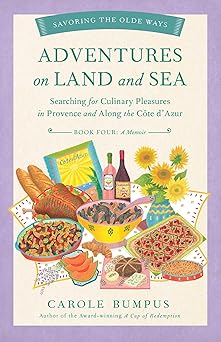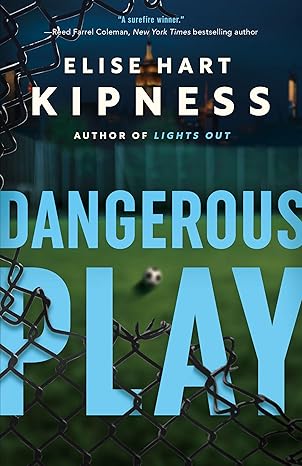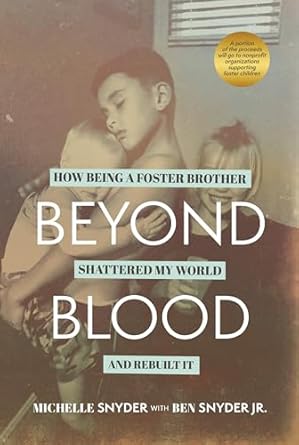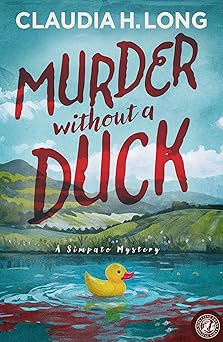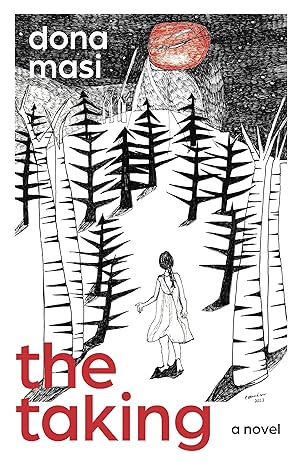THE LANGUAGE OF KIN: EXCERPT
THE LANGUAGE OF KIN, Lynne Hugo
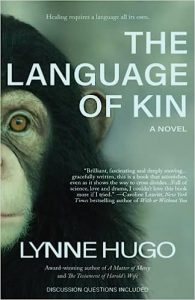 From the award-winning author of A Matter of Mercy and The Testament of Harold’s Wife, comes a beautifully written exploration of how the language of healing can transcend seemingly insurmountable obstacles. Eve, a chimpanzee orphaned by poachers and used for experiments in a medical lab, can finally lead a new life. When she arrives at the Dayton Zoo, Kate and Marc must overcome professional differences to build a relationship with her. Forced to work together, Kate and Marc find common ground when they discover they both are the sole caregivers for their mothers, one who has been deaf her entire life and the other who recently lost her ability to process words. After a life-threatening crisis occurs, can they find the courage—and the shared language—to reach across these silent divides to heal the ones they love?
From the award-winning author of A Matter of Mercy and The Testament of Harold’s Wife, comes a beautifully written exploration of how the language of healing can transcend seemingly insurmountable obstacles. Eve, a chimpanzee orphaned by poachers and used for experiments in a medical lab, can finally lead a new life. When she arrives at the Dayton Zoo, Kate and Marc must overcome professional differences to build a relationship with her. Forced to work together, Kate and Marc find common ground when they discover they both are the sole caregivers for their mothers, one who has been deaf her entire life and the other who recently lost her ability to process words. After a life-threatening crisis occurs, can they find the courage—and the shared language—to reach across these silent divides to heal the ones they love?
“Hugo takes a compelling look at the ethical issues and connections between humans and our fellow animals. THE LANGUAGE OF KIN offers a well-researched, unbiased perspective into this multifaceted issue through a well-written, captivating story,” —Samantha Russak, Ph.D., Primatologist
EXCERPT
Eve
IT WAS THE BABIES they were after. Not that there wasn’t a market for adults. Bushmeat sold well in the village. The men were excellent trackers, silent as big cats on the hunt as they made their way through the hot dense green of western Uganda in search of mothers nursing their babies together. Eve had been nursing while her mother groomed one of the other mothers. Mothers did that, groomed each other, taking turns. Had the birds ruffled a warning along the treetops? Eve didn’t know. But in the deep rainforest where sounds were liquid, ape, cat, reptile, insect, bird, breeze, it was sudden when the green quiet exploded. A mother chimp fell from her rock and the barks, hoots, shrieks, screams of the others rose. Mothers scattered, made for the trees. The ear-hurting noise cut through the air again, again. Eve clung to her mother’s back through the panicked scramble amid the hu and waa of alarm, fiery blasts again, again, bodies dropping. Blood, hair, shattered limbs. Blood, bone, pain. Tumbling from trunks and branches, spilling bits and pieces of themselves, mothers fell like heavy fruit, babies holding on to their chests or backs, babies holding on, holding on, falling, falling, falling through green, red, brown, falling hard to the ground.
The men were very good shots.
Two mothers did not reach the trees and they went down neatly, like the end of a dance, one breaking her newborn’s neck when she went down on top of the infant cradled to her chest. None of the eight mothers in the nursing party lived; the sticks that exhaled death reached them whether on ground or in the trees, and even the one mother who ran farthest, she went down too, her baby beside her, knocked loose by the blast, too dazed to scream until her eyes, ears, and nose woke and she joined the panicked mayhem of the surviving babies.
Eve’s mother had jerked and grunted, crashed through the leafy green and brown of the tree she’d climbed, tipped to fall face-first. Still Eve clung to her back, though her mother’s blood streamed in her eyes and her ears were stuffed with noise and terror.
Rough hands pried her, screeching, off her mother. A small metal cage, just her alone, other babies in other cages. Heavy cloth tossed over the cage.
Her mother’s blood and her own fear-feces matting her hair, Eve curled, shrieking, under the covering. The movement rough as when she’d clung to her mother, knuckle-running for the false safety of the tree. Now Eve’s body, locked in airless darkness, banged the bottom of her cage again and again, as the underbrush was thrashed aside and broke under the heavy movement, careless, loud as the other babies’ terror cries now.
The poachers were pleased. The capture was done, and they would not be caught. Money to ensure their escape had changed hands. They’d gotten five babies. They’d hoped for more, but three died with the mothers. Middlemen waited at the marketplace for as many babies as could be had.
The brilliant light blinded when the cover was removed, the cage surrounded by noise and swirling figures, tall, loud animals that were bright as parrots. Eve cowered, trembling. A different stick was pointed at her, and she screamed as a sharp pain entered her thigh. Her muscles turned soft as mud, and the world dissolved as a starless, moonless night crept over her eyes covering the last she’d know of good—sky, forest, fruit, comfort—for eight years. Then something would wake a memory, small as the ants her mother used to catch. Mother.
Chapter 1
MY EYES ALWAYS THREATEN to spill tears when I’m really frustrated. Back when she had words, my mother used to warn me that women’s faces get red and ugly if they cry when they don’t get their way. She had me pegged all wrong though. What upsets me to that point is seeing my own failure. Like now, when it’s clear I’ve failed to sway Marco Lopez.
“Dammit, Marc. No. Captivity is just wrong.” My face was probably a crimson flag.
He answered in his low-key, unruffled way. No wonder he was so good with the great apes. “But the alternative is that inevitably some species just go extinct. Is that acceptable?”
How could a man as smart and kind as Marc, a man who’d been a primate keeper for seven years, still believe zoos were ethical or moral? He couldn’t think they were for the chimps, anyway, not after all he’d learned about their minds and hearts; I’d trained him to work with our primates myself. Before we hired him, he’d been a top-notch vet tech whose references had blown us all away, but he had zero experience with gorillas or chimpanzees.
And now, we were arguing in the zoo’s break room, the last people at the table. He had that earnest look he’d worn so often as he sat by my desk in his pressed open-collar shirt, clean shaved, and dark hair clean cut, even his heavy dark eyebrows not straggly. I’d heard he lived with his mother and wondered why a good-looking guy well into his thirties would want to do that. Contrasting his life choice with my own made me feel bitchy, but then he’d say or do something that elicited something better in me, and when I looked at him, I’d wish I’d combed my hair and tucked my shirt in, too, instead of letting it wander around untethered from my waist like a lost child. I couldn’t help liking his aftershave if I leaned over his computer to show him something. He’d get up to make space for me, and I’d notice again how he moved like one of zoo’s big cats, at ease with his strength. Every woman on staff, even the well-married ones had noticed his good build. A couple had even made jokes about our individual supervisory meetings being nice and private. Hadn’t they read the code of ethics? I was his supervisor for god’s sake.
Or I had been until Thurston, the zoo’s Executive Director, took that job away from me, showed me that my career was made of flimsy toothpicks when he said that I wouldn’t be considered for the new Research Director job I wanted so badly. With my experience on top of my doctorate, I was ideally qualified for the position, but Thurston had gotten wind that I wasn’t committed to the zoo’s essential mission, as he’d put it. At first, I thought he was letting me go, but instead, he’d put me in charge of creating the new habitat for our primates—with no staff reporting to me, no one to contaminate with my heresy.
Marc went on now, animated and sincere, but not upset like me, though I was trying to hide it. “They’re taking down the rainforests, the corporations,” he said. “Logging. Farming. On industrial scales. How can the apes live with no habitat? They’re on their way to extinction. I’m not saying anything you don’t know better than I do. Do you think I don’t love them as much as you? We’re their last line of defense.” It was Marc’s pragmatic logic. And it put him right in Robert Thurston’s camp.
BUY HERE
Category: Contemporary Women Writers, On Writing






